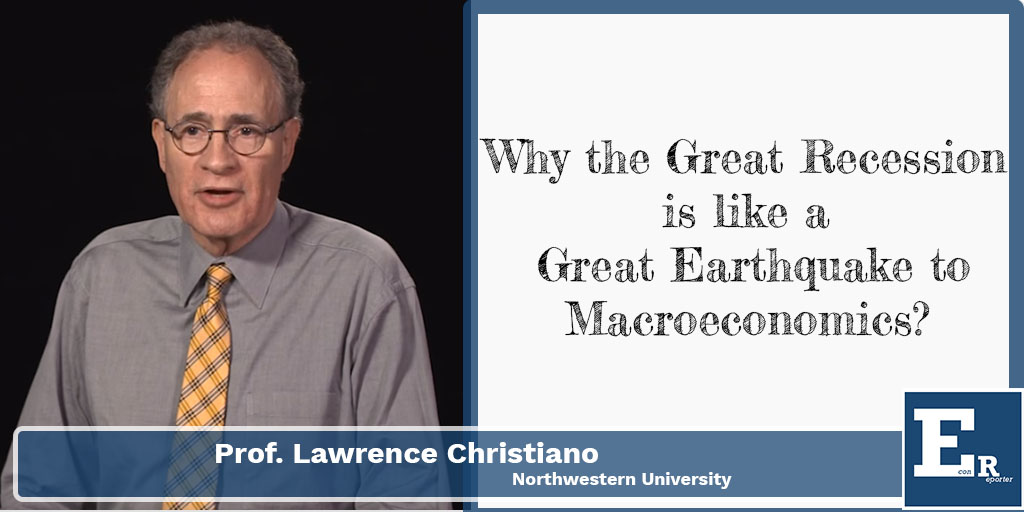Tag: Nonbank Credit
BoE to run system-wide evaluation on financial system including non-banks
Bank of England will conduct a system-wide exploratory scenario (SWES) exercise on the UK financial markets to see how well both banks and non-bank financial institutions can handle stress market conditions.
The Rise of Non-Bank US Dollar Credit Continues
The latest BIS global liquidity indicators showed that the share of Non-bank USD denominated credit continued its rising trend.
Nonbank Lending
In their recent working paper "Nonbank Lending", economists Sergey Chernenko, Isil Erel, and Robert Prilmeier provided an insightful overview of the sources and terms of private debt financing during the post-crisis period.
The Non‐Bank Credit Cycle
In a new working paper "The Non‐Bank Credit Cycle", researchers Esti Kemp, René van Stralen, Alexandros Vardoulakis, and Peter Wierts tried to look into the cyclical properties of non‐bank credit and its relevance for financial stability.






